Stories
Celebrating Latinx Voices in STEM Focuses on Latinx Scientists During Hispanic Heritage Month
On October 5th and 6th, the “Celebrating Latinx Voices in STEM” symposium at the Discovery building, supported by WISELI, WID, and CALS, marks Hispanic Heritage Month. It features presentations by UW-Madison Latinx scientists, seeking to unite students, researchers, and faculty in an interdisciplinary forum with talks, games, identity discussions, and networking to spotlight Latin American scientists’ unique perspectives.
Genetic Symphonies: The Building Hox of Life
The Marie Christine Kohler Fellows are proud to announce the opening of the “Genetic Symphonies: The Building Hox of Life” exhibit, currently located at the UW–Madison Genetics Department. Graduate students Katharine Hubert and Sharon Tang created the interactive Art+Science Fusion exhibit at UW Makerspace during their participation in the Marie Christine Kohler Fellowship at the Wisconsin Institute of Discovery (WID).
Alberto Del Pia Wins 2023 Egon Balas Prize
The award goes to a researcher “for a body of contributions in the area of optimization.”
UW Grad Students Integrate Robotics into Work
INTEGRATE is a new unique, interdisciplinary program in WID that can train graduate students to consider both the technical and societal challenges of introducing robots into the workplace.
Connecting Climate Change and the Soil-Loss Crisis
Climate Change Coalition of Door County is focusing on soil during its 10th-anniversary celebration, The World We Make and is excited to have Dr. Handelsman as the event’s guest and speaker on September 20th n Bailey’s Harbor, WI. She will talk about soil’s role as a powerful carbon reducer, sustainable farming policies and practices to reduce soil erosion.
Computational tool helps uncover gene networks of cell fate
New computation tools described in a recent study published in Nature Communications, may provide key insights that will aid researchers to construct a more precise view of what drives cellular identity. “We are trying to understand the causal mechanisms of how cells transition from one state, e.g., a pluripotent state to a more differentiated state, e.g. a skin or nerve cell and vice versa. We want to know how different normal cell types emerge and what might lead to cells becoming aberrant.” says Sushmita Roy. To gain such an understanding “we are developing computational tools that can integrate large-scale molecular profiles measured for each individual cell in a population of thousands of cells to define these GRNs” says Roy.
New Downtown Mural Celebrates World Beneath Our Feet
WID’s Science to Street Art proudly announces the completion of a vibrant new mural in downtown Madison. Wisconsin artist Kiba Freeman, designed and painted the science art fusion mural entitled “Carbon Cycle.” The mural is available for all to see on 318 West Gorham Street, Madison WI.
Can solar power and farming coexist? This partnership between UW, Alliant aims to find a way
WID Discovery Fellow, Josh Arnold is working with Alliant Energy to design a 2.25-megawatt solar farm on its Kegonsa Research Campus near Stoughton as a laboratory for a multi-disciplinary study of agrivoltaics — the co-location of solar energy and agriculture.
Bacteria with a taste for an inflammatory compound could help protect against heart disease
Discovery Fellow, Federico Rey and colleagues identified bacteria able to break down uric acid in the low-oxygen environment of the intestines and the specific genes that enable the process.
John Denu Appointed the Steenbock Professorship in Nutrition
John Denu, is named recipient of the Katherine Berns Van Donk Steenbock Professorship in Nutrition.
UW researchers will trial gene editing therapy to treat blindness
Research led by researchers at UW–Madison will leverage new ways of delivering drug therapies through nanotechnology with advanced genome CRISPR technology to innovate new treatments for two hereditary diseases that cause blindness.
Krishanu Saha Named 2023 H.I. Romnes Faculty Fellow
The Wisconsin Institute for Discovery proudly announces the selection of Krishanu Saha, associate professor of biomedical engineering, as a recipient of the prestigious 2023 H.I. Romnes Faculty Fellowship.
Roy Lab Members Jiaxin Li and Zhiwei Song Initiated into Phi Kappa Phi
Phi Kappa Phi is the nation’s oldest and most prestigious honor society that is open to students across disciplines, recognizes the achievements of the most outstanding students in every school and college at UW–Madison.
Jo Handelsman Elected to National Academy of Sciences
Congratulations Jo Handelsman! The National Academy of Sciences was founded in 1863 as a result of an Act of Congress that was approved by Abraham Lincoln, the NAS is charged with “providing independent, objective advice to the nation on matters related to science and technology and provide scientific advice to the government ‘whenever called upon’ by any government department.”
Wisconsin Institute for Discovery Announces 2023 Cultivating Connections Expo
The Wisconsin Institute for Discovery (WID) is excited to announce the 2023 Cultivating Connections expo, to be held on April 12, 2023, from 2:00 – 5:30 pm at the Discovery Building. The expo will feature a panel discussion on the importance of diverse mentorship in STEM, a dance performance from …
Federal Earmark Expands Student-led Search for New Antibiotics
Scientists worldwide are using authentic research experiences to engage college students in discovering new antibiotics. The Tiny Earth initiative, based at the Wisconsin Institute of Discovery, has already trained thousands of students in 30 countries. Congressionally Directed Community Project Funds will now provide $1 million to expand the program and reach even more students. This was part of the $1.7 trillion federal spending package that was signed into law by President Biden in December 2022.
Karan Srivastava earns 22-23 Teaching Assistant Award
“I aim to create an environment where students can ask questions, make mistakes, and learn to move past them.”
How Tiny Earth pushes boundaries of antibiotic research
Network of students, professors, researchers intertwine anti-racism curriculum, research to solve antibiotic resistance crisis
WID Welcomes Michelle Wildgen as 2023 Writer-In-Residence
She will host a hands-on workshop to improve academic, creative, or professional writing practices, leaving participants more productive and less stressed.
El Zoominario: giving a voice to Latinx scientists and inspiring the next generation
With the goal of highlighting Latinx scientists for other scientists as well as Latinx children, Solís-Lemus co-created El Zoominario, an online seminar series aimed at the general public.
New nanoparticles deliver therapy brain-wide, edit Alzheimer’s gene in mice
Shaoqin “Sarah” Gong and her lab have developed a way to move therapies across the brain’s protective membrane to deliver brain-wide therapy with a range of biological medications and treatments.
Yin is part of a grant to create and study a “digital twin” of the urinary tract
Yin and collaborating researchers are building the model to investigate how the nervous system and urinary tract are connected.
Drying process could be key step in the development of life
PhD student Hayley Boigenzahn and professor John Yin can explain how one of the potentially crucial early steps on the path of life could have happened. They published their findings in the Dec. 2022 issue of the journal Origins of Life and Evolution of Biospheres.
Where Electronics and Biology Merge: Eleboeba E. May Receives NSF SemiSynBio-III Award
May’s work will focus on developing computer models of electrical and cellular interactions to establish metrics for efficient data flow through these systems.

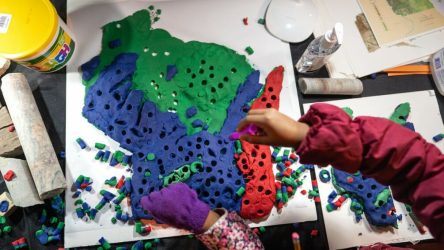
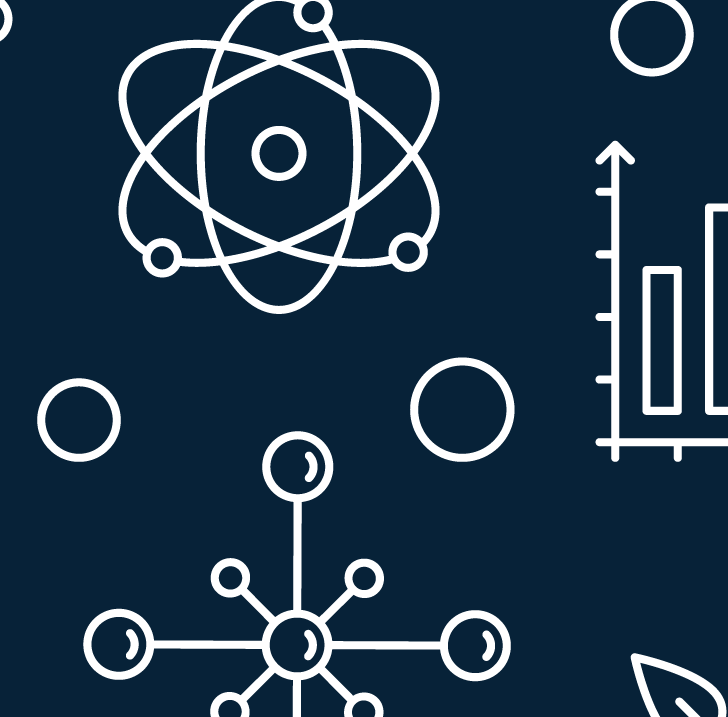
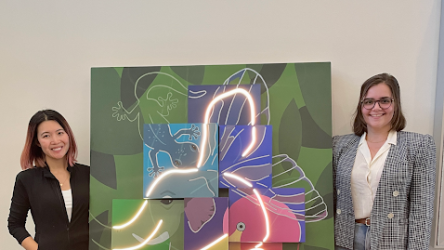
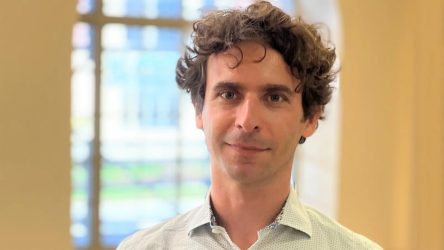
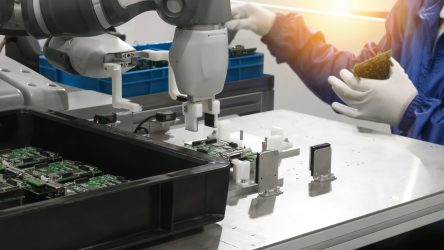
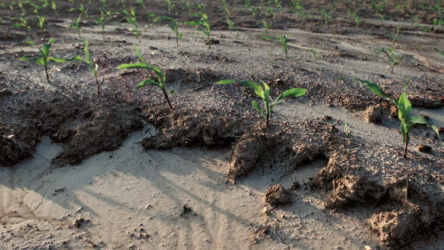
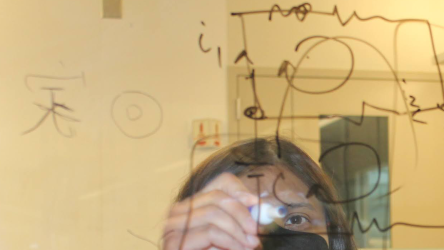
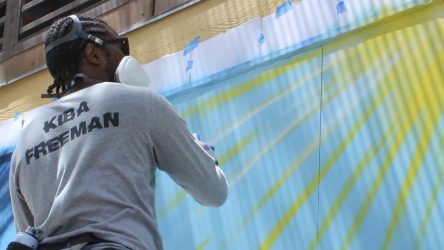
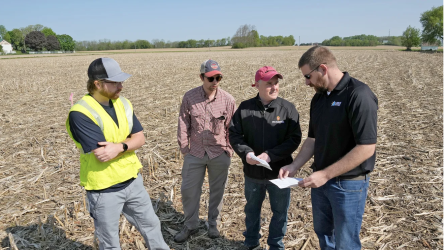
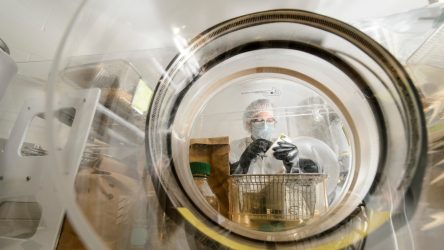
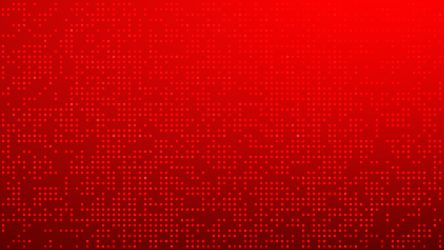
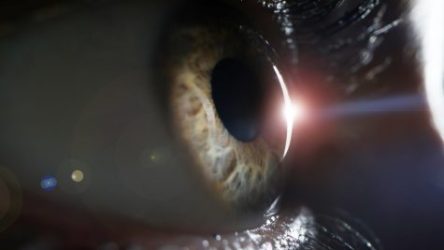

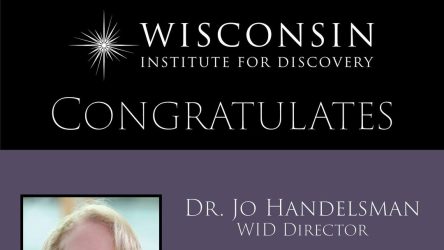
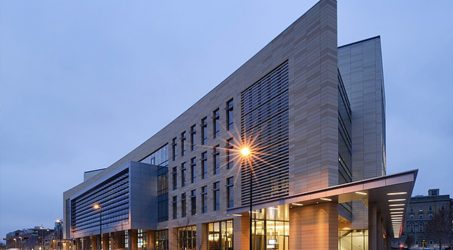
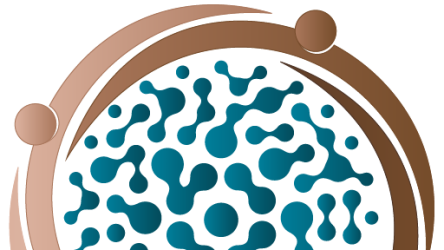
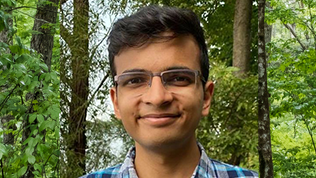
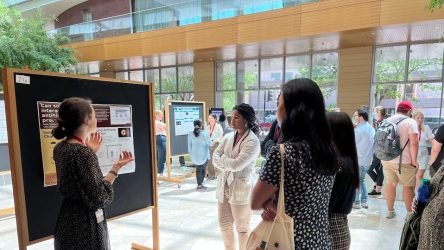
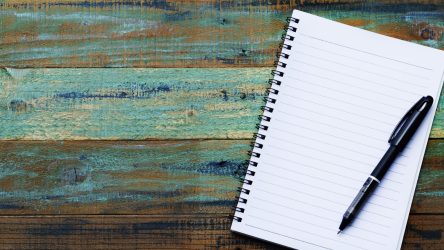
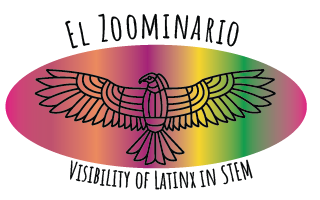
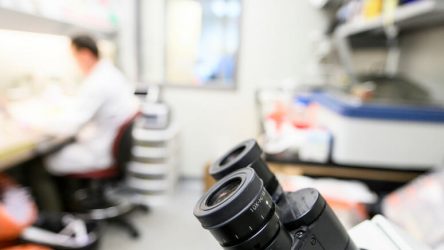
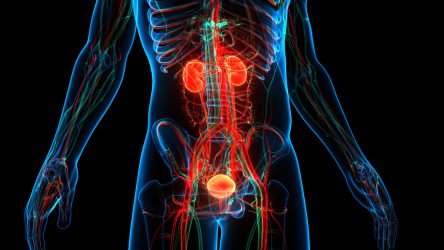
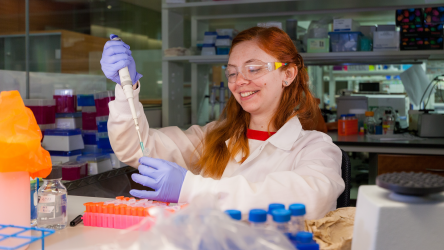
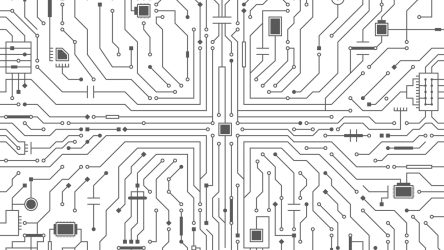
You must be logged in to post a comment.